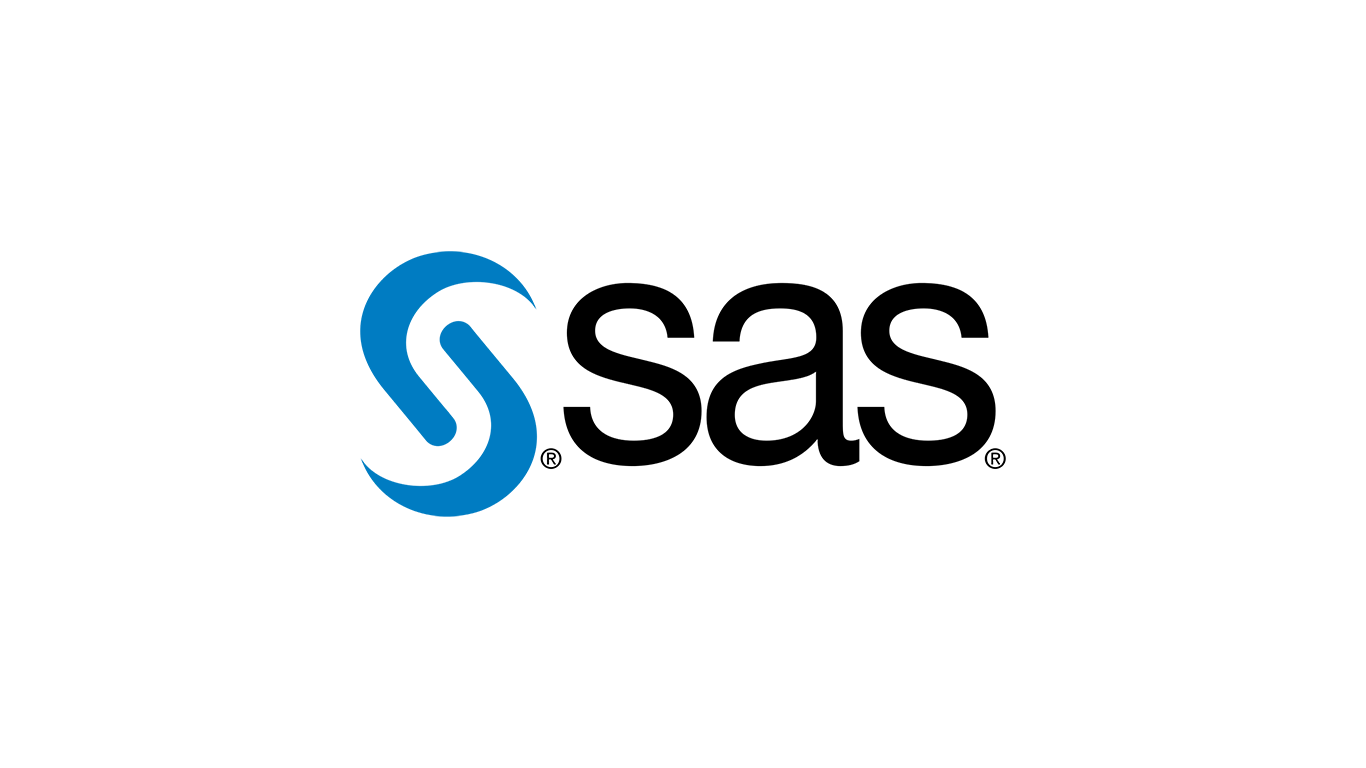10x Banking and HassemPrag Join Forces to Drive Next-...
- 12.02.2026 09:15 am
Blue Sky Bank Turns to Jack Henry to Drive Innovation...
- 12.02.2026 08:55 am
LHV Bank Doubles Its Deposits and Loans with Profit...
- 10.02.2026 08:50 am
Finora Bank More Than Triples Net Loan Portfolio to €...
- 09.02.2026 08:35 am
Allica Bank Launches Overdraft to Fix £15 Billion SME...
- 09.02.2026 08:25 am
Amplify Credit Union Partners with MANTL To Modernize...
- 06.02.2026 01:55 pm
CommBank Releases Australian-First Report Outlining...
- 06.02.2026 10:05 am
LHV Bank Granted Consumer Credit Permission by the PRA...
- 06.02.2026 09:05 am
myTU and Intrepid Fox Partner to Bring AI Agents to...
- 04.02.2026 09:15 am
Oracle Reimagines Banking for the AI Era with New...
- 03.02.2026 02:15 pm
Allica Bank Selected for New Scale-Up Unit To...
- 03.02.2026 10:45 am
in1bank Ceasing Banking Activities and Returning...
- 02.02.2026 12:35 pm






















